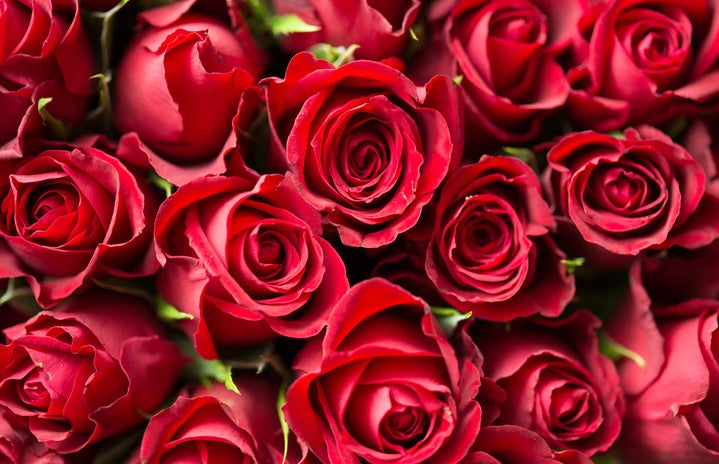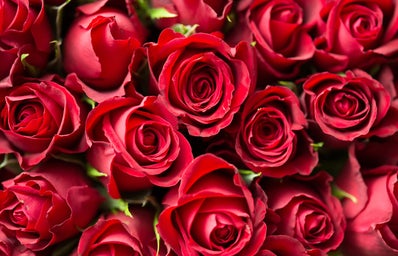Self-love — it’s something we’ve all struggled with at some time or another. We are quick to criticize our minds, bodies and actions, but we are just as quick to see the beauty in others. It’s time to change that, for our own good and for the good of the world.
RuPaul’s Drag Race is an Emmy-award winning series hosted by RuPaul, the world’s most acclaimed drag queen. The series follows a fashion and performance based competition where a group of drag queens compete against one another in hopes of earning the title of “America’s Next Drag Superstar.” The series, which is now on its thirteenth season, has become well loved by millions of fans since its premiere in 2009.
I came across Drag Race when I was looking for a new series to binge watch in the midst of the COVID stay at home order, and I quickly found that RuPaul’s Drag Race and I were a match made in heaven. I completed every season within a month of watching — over eleven full seasons with at least a dozen episodes, each lasting about an hour. If you couldn’t tell, I was obsessed.
RuPaul’s Drag Race is not just another trashy reality TV show, and drag isn’t just men who dress up as women — both are examples of activism. Drag, by nature, is a political statement. It’s individuals that challenge gender norms and imagine a world where gender is fluid and makeup and heels don’t automatically signify “woman.” From LGBTQ+ rights to Black rights, Drag Race shines a light on lesser heard voices and amplifies minority rights.
The queens featured in the competition come from very diverse backgrounds, but there’s one thing that they all share — the experience of oppression. Some experienced debilitating physical and verbal violence on account of their sexuality, race and gender. Others were thrown out of their homes at a young age when their religious families found out they were gay. Many have been arrested as they fought for racial justice on the streets, and they were sent to jail dressed in drag. However, despite the violence and hardships, each of the queens have found comfort, passion and family in the drag community.
Yes, RuPaul’s Drag Race is a television series — but, in my opinion, its implications reach far beyond the television screen. I fell in love with the Drag Race community, and I fell in love with the queens. They’re passionate about their craft, and they are shockingly talented. Fashion, modeling, singing, acting, dancing, makeup, standup comedy — you name it, they can do it.

Beyond activism, drag emphasizes self-love and it proves that these two things often go hand in hand. RuPaul’s catchphrase and the central theme of the show is “If you can’t love yourself, how the hell are you going to love somebody else?” We have to put ourselves first and learn to love who we are before we can love others. Love means being an advocate for ourselves and the queens of RuPaul’s Drag Race are shining examples of this. The love that they have for themselves, though it isn’t perfect, is intentional — they know that they must love themselves before they can love others and allow the world to fall in love with them. Despite the hardships they face, they persist and fulfill their individual destiny by finding love in the things that the world criticizes them for. And, because they love themselves, they form a drag sisterhood founded on love for one another. Their self-love and vulnerability allows viewers to fall in love with them. I smiled with them, laughed with them and cried with them. They’ve learned to transform their hurt into love.
RuPaul’s Drag Race may seem like just another television series, but I’ve taken countless life lessons from watching it. I’ve learned to not be so quick to assume I know everyone’s story. I’ve learned to put my own privilege in check and I’ve learned how deep prejudice runs in American society. I’ve learned that self-love should always come first. So, if you’re looking for a series to binge watch, realize that you need a mood booster or want to watch something that’s entertaining, educational and intentional, you know my answer: watch RuPaul’s Drag Race.



